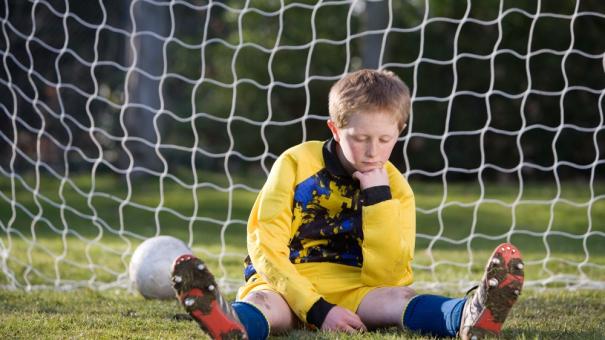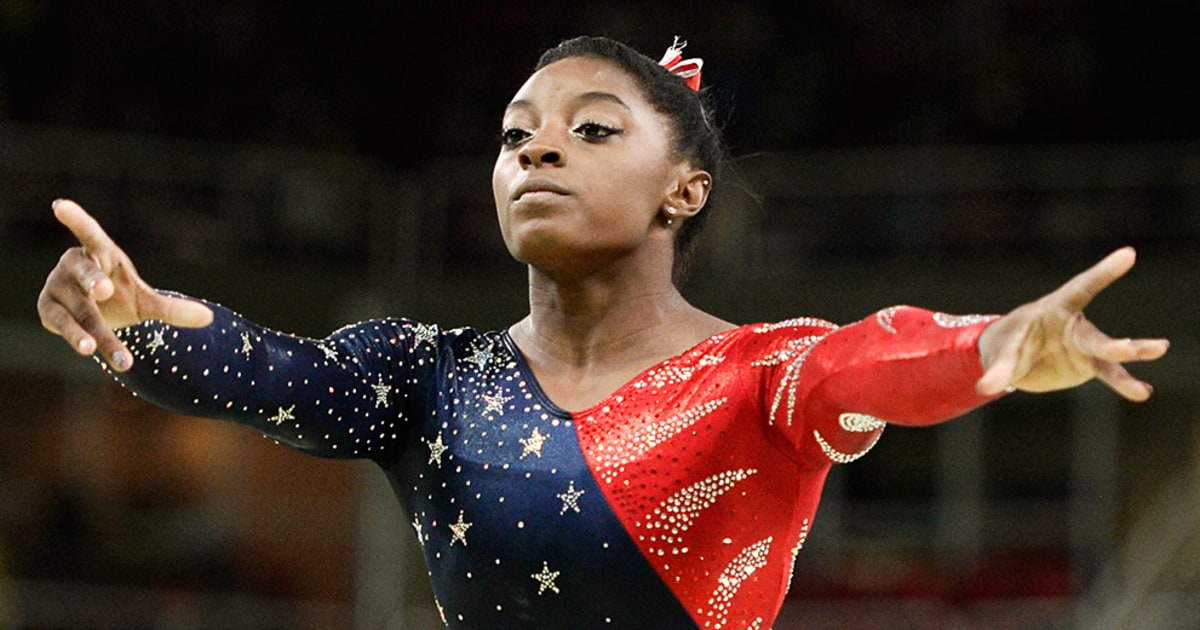I must admit that I poo-poo’d Simone Biles’ case of the “twisties” at the Olympics.
As with most national stories, my initial reactions are always a byproduct of asking myself, ‘If one of my kids came to me with the same issue, what would I say/do?’
So, from that lens as the drama of greatest gymnast of all-time pulling herself out of a team competition without injury unfolded, I immediately told my wife, “Oh my God! I would never allow my kids to let down their team like that!”
A week or so removed from that night, and a bronze medal winning return of America’s most famous Olympian now in the past, I itch to say that I’m now “woke” – that I’d come to the epiphany that Biles’ courage to step away during the team competition was an action that I should have supported from the start.
I wish I was that woke.
Instead, the truth is that I would have encouraged my kids to push through if we faced the same situation – to exercise the type of “Grit” that Angela Duckworth describes with character traits I’d like my kids to possess like perseverance, passion, and intentioned, deliberate practice.
Now, mind you, my kids will not become Olympians. None of them will be flipping through the air attempting tricks that a stunt man would need a million dollar life insurance policy to try. But, does the gravity of the competition matter if we’re connecting conversations about mental health of our young people with their athletic pursuits? The most extreme skeptic of Biles’ withdrawal from the team competition might even say that the bigger the stage, the even more justified the thought that she should “suck it up” for the good of the team.

For those of us raising kids, taking them to numerous practices and games at the ever-interesting cost and commitment levels, how should we be reacting if our kids develop their own version of the “twisties”, the “yips”, fall into a hitting slump, or become crippled with stage fright?
No matter what you call the inability to perform, the names sound far less humorous when their impacts come knocking at your door, uttered by a kid that you love and know if capable of pushing through.
The end game seems to be us parents trying to immediately assess the level of anxiety in our little ballers and, then, getting them through their worry without sacrificing their long term mental health. And, while doing so, potentially disenfranchising them from the rest of the team (and parents) who may believe that your kid should simply “suck it up”.
So, what should parents do?
All kids are different. All situations are unique.
For Biles’, physical safety seems to be the top concern in her withdrawal. And, I agree that If safety is questionable, parents should keep their children safe – full stop.
Once, though, we determine our kids to be safe but still saying they cannot perform with their team, we have to tell them to try, right?
They can’t quit at the first sign of speed bumps.
They must continue in spite of mounting obstacles.
They can’t let down the teammates that rely on them.
Parents, I think, must resist the urge to point to long-term mental health as the rationale for allowing their children to quit prematurely.
Safety is paramount.
Mental health is important. Yes.
But, so is grit, and perseverance, and facing obstacles head-on.
Sacrificing oneself for the good of the team should be commended.
Compel your kids to lean in to tasks that they don’t feel they are capable of – being uncomfortable is okay.
So, while I’ve come to understand that Simone Biles made the best decision for her. And, now that I have cheered for her successful return from a case of the “twisties”, I worry about parents using her situation to prevent our kids from skinning their knees, learning from an 0-for-4 hitting day, and missing the potentially game-winning penalty kick.
Our kids must try – through adversity, with butterflies in their tummies, through struggle, and, yes, while combatting anxiety.
At times, we have to push our kids into the fear that weighs on them, heeding the lesson perfectly articulated by Theodore Roosevelt in “A Man in the Arena”:
“It is not the critic who counts; not the man who points out how the strong man stumbles, or where the doer of deeds could have done them better. The credit belongs to the man who is actually in the arena, whose face is marred by dust and sweat and blood; who strives valiantly; who errs, who comes short again and again, because there is no effort without error and shortcoming; but who does actually strive to do the deeds; who knows great enthusiasms, the great devotions; who spends himself in a worthy cause; who at the best knows in the end the triumph of high achievement, and who at the worst, if he fails, at least fails while daring greatly, so that his place shall never be with those cold and timid souls who neither know victory nor defeat.”
-Theodore Roosevelt, 1923, “Citizens in a Republic”
Whether you say ‘suck it up’ or ‘rub some dirt on it’ or ‘come on, you can do it’, let’s keep them playing and facing their fears.
